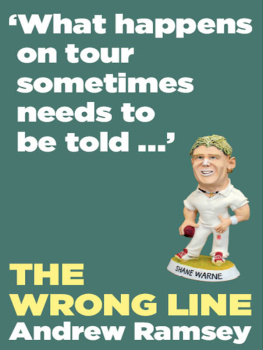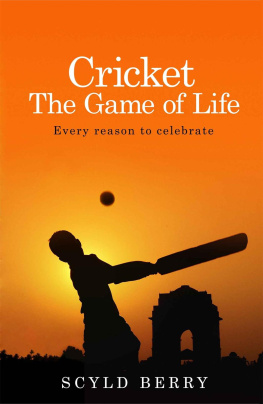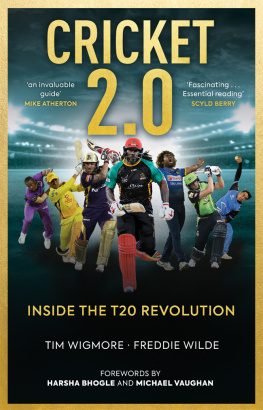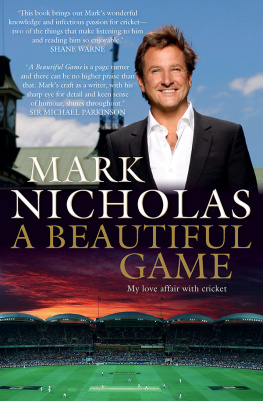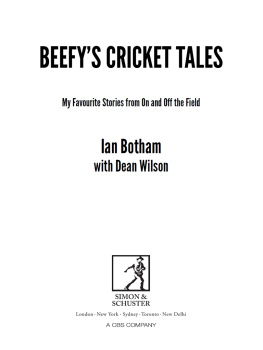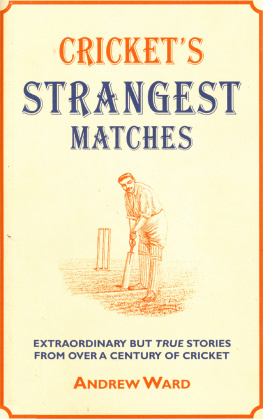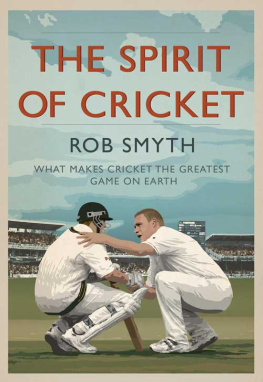L ife on the road as an international sportsman is tough. Yeah, sure! I hear the response, as you read the above line. Fame, fortune, business-class flights, five-star hotelsreal tough!
But I ask you to read those first four words again. Life on the roadit is tough.
Tough in any profession, at any level. If you travel enough on the international cricket calendar that can be up to ten months of the year you doubtless understand what Im saying here.
Not whingeing, not complaining, simply stating that its a gruelling schedule that presents a tremendous challenge to any athlete who embarks on such a journey.
But then again, lets be honestthere are undoubted benefits to be enjoyed. Huge contracts, lucrative commercial endorsements and, for some, a public profile that ensures they will never be left standing for too long in a queue whilst attempting to get a seat in the best restaurant in town.
However tough we players may think that travel and time away from loved ones is, we need only cast our minds to a group of committed men and women who share the same demanding schedules while deriving nowhere near the same pay or recognition as the players.
That group is the cricket journalists who report on matches the world over.
Its a diminishing group in this age of changing technology and budget cuts, as fewer and fewer news organisations send correspondents to anything other than tournaments that have the word Cup in their title.
For as long as the game of cricket has been played internationally, there have been journos on the tour.
Fortunately for me, and greatly beneficial to my being able to increase the number of people I call friends, I played in possibly the last era of professional cricket to have a full-blown media pack that regularly travelled for the entire duration of tours.
Always an intelligent collection of personalities, this group of odd bods and sometimes misfits would devour every ball of every match, analyse it, write or talk about it, and share their thoughts with the world in print, through the airwaves or on camera.
In times gone by, that discussion would often continue later into the evening, after play, over a drink or two with the players themselves. Not so much anymore.
I liked to get to know these guys when the chance arose, and I am better for the experience. I didnt always agree with their opinion or how they expressed it, but found my time at the top level a more fulfilling experience for having forged a few of those relationships.
Andrew Ramsey, or Rambo, as he was more affectionately known by the player group, recounts many of these shared adventures in this book, and Ive no doubt all will enjoy his work.
Rambo was a highly respected member of the media corps that travelled regularly with the Australian team a bloke you were always happy to talk to, either professionally or socially.
The journalists is an extraordinary existence when on the road, and memorable tales have emerged from the many and varied situations they would get themselves into, and usually out of.
Often the press contingent would experience so much more than the players on a tour. As much as we tried to get out and about, the reality was that most of our time was spent training, in meetings at the hotel, playing at the stadium, on a bus to an airport, or travelling at 30,000 feet to the next destination.
For the journos it was often all that, plus more. Taking every chance to get off the beaten track and experience, taste, and live a different culture. Most times that was done out of interest, though sometimes it became a matter of survival!

